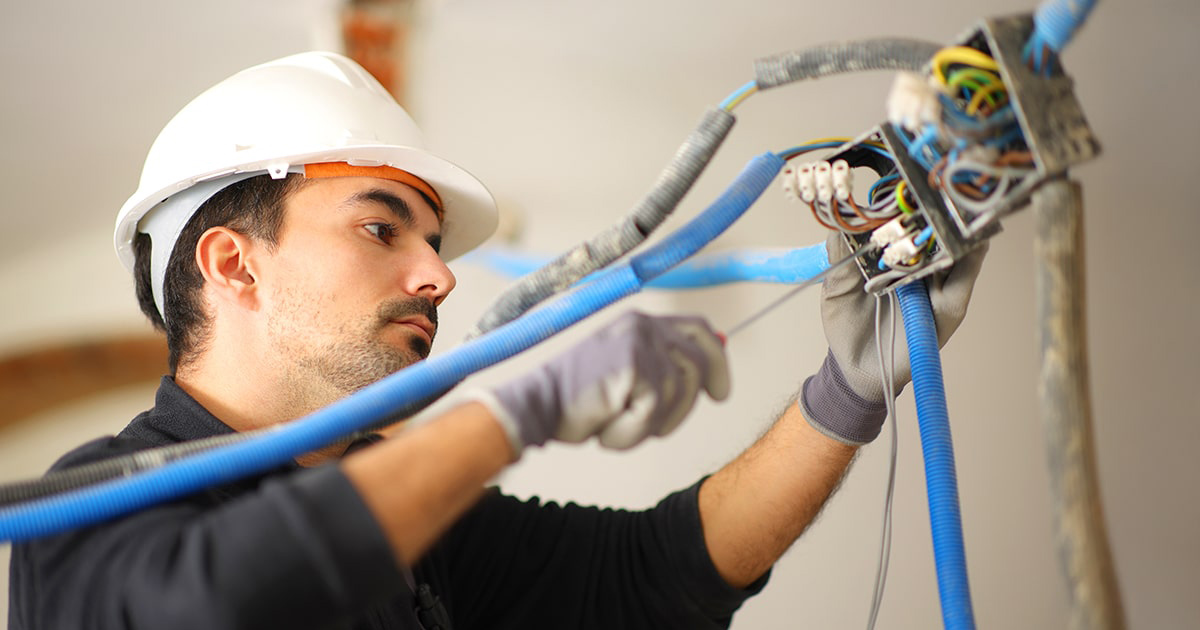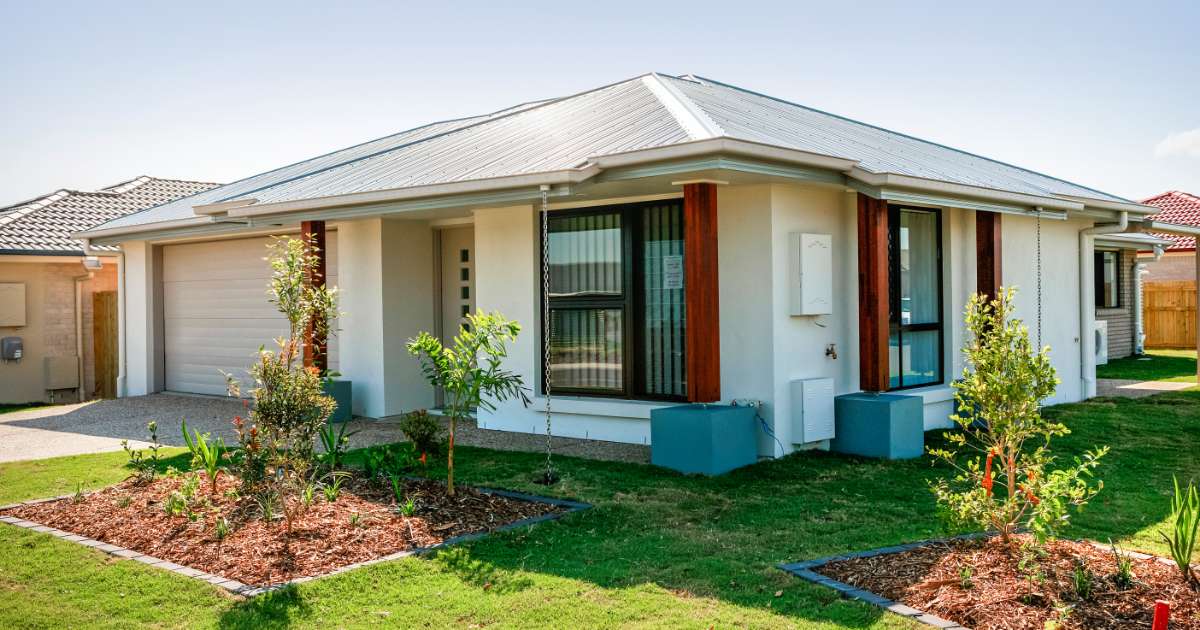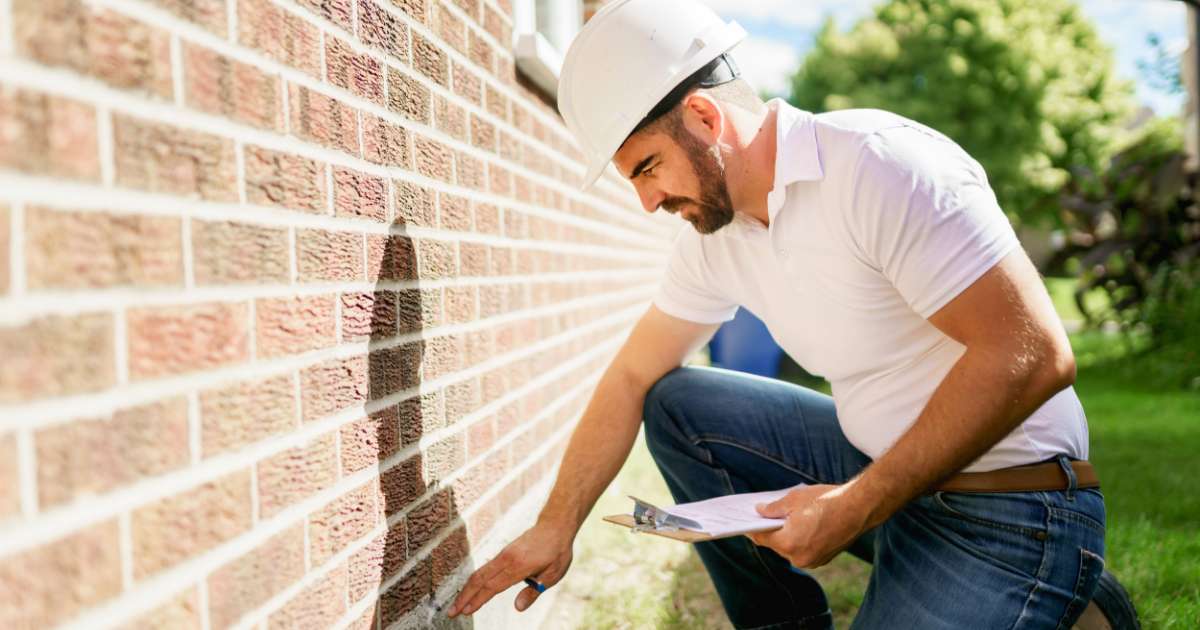You’ve accepted an offer on your Atlanta house, and the finish line is finally in sight. But before you can hand over the keys, there’s one last stretch that can make or break your sale. This is the stage where deadlines, paperwork, and local requirements all come together, and even a small oversight can cause delays.
When selling your Atlanta home, understanding the closing process ahead of time can turn a stressful experience into a smooth transition. From the timeline to the key players involved, here’s what sellers need to know about what happens at closing for an Atlanta home sale.

Understanding the closing process
In real estate, the closing process refers to the period between accepting a buyer’s offer and handing over the keys. This stage involves several legal, financial, and logistical steps to ensure the transaction is properly completed. Key players in the closing process include:
-
The seller and buyer
-
Real estate agents (if involved)
-
A closing attorney (required in Georgia)
-
Title company professionals
-
The buyer’s lender
In Atlanta, the typical home sale closing timeline is around 35 days from the time the purchase agreement is signed until closing day, according to Realtor.com housing data.
Steps in the closing process for Atlanta home sellers
Step 1: Accept an offer and sign the purchase agreement
Once you’ve reviewed and accepted a buyer’s offer, you’ll sign a purchase agreement. This contract outlines terms such as the purchase price, contingencies (including inspection, financing, appraisal), and closing date. In Atlanta, it’s common for interested buyers to provide earnest money deposits, which is typically 1%–3% of the purchase price.
Step 2: Open escrow and title process
An escrow account is opened to hold funds and documents until the sale is complete. At the same time, the title company conducts a title search to confirm that the property is free of liens or ownership disputes. Sellers in Atlanta may also need to resolve HOA requirements or special considerations for historic properties.
Step 3: Buyer’s due diligence period
During this stage, the buyer arranges inspections, including more specialized inspections like termite or radon testing. If issues are uncovered, the buyer may request repairs or a price adjustment. The lender will also order an appraisal to ensure that the home’s value aligns with the loan amount. Sellers should be ready to negotiate or provide documentation, such as receipts for past repairs.
Step 4: Buyer’s loan finalization
The buyer’s lender reviews their loan application, appraisal results, and supporting documents. Sellers may need to assist by providing information on property taxes, HOA dues, or other records. Keep in mind that lender backlogs can sometimes delay this stage.
Step 5: Prepare for closing day
As the closing date approaches, sellers review the closing disclosure and settlement statement. This document details the costs of the transaction, including what you’ll pay and what you’ll receive. Seller responsibilities often include:
-
Mortgage balance
-
Property taxes
-
HOA transfer fees
-
Transfer taxes
-
Attorney fees
Step 6: Closing day
In Georgia, the closing process is handled by an attorney according to law. Sellers will sign documents such as the warranty deed, bill of sale, and affidavits confirming no outstanding issues with the property. Once documents are signed, the buyer’s funds are released, and you officially hand over the keys.
Step 7: Post-closing
After closing, sellers receive their proceeds, usually via wire transfer or check. You’ll also need to finalize utility accounts and update your address to complete the transition.
Atlanta-specific considerations in the closing process
Selling real estate in Atlanta comes with some closing requirements that set Georgia apart from many other states. All closings must be overseen by a licensed attorney, which means sellers work directly with legal professionals to finalize the transfer. Transfer taxes and prorated property taxes are often part of the seller’s responsibility, adding to the expenses that need to be prepared for in advance. You may also face hurdles like HOA approval delays, title complications, or low appraisals, each of which can create setbacks if not addressed quickly.
Tips for a smooth closing process in Atlanta
When it comes to selling your Atlanta house, you can do these things to ensure a smoother closing process:
- Prepare documents early: Have your mortgage payoff statement, repair receipts, and HOA contacts ready.
- Communicate with buyers: Respond quickly to contingency requests and inspection findings.
- Understand your costs: Be clear on expenses such as closing costs for sellers in Atlanta and budget for them upfront.
Common mistakes to avoid during closing
Even experienced homeowners can run into issues that slow down or derail a sale. To keep your Atlanta closing on track, watch out for these common mistakes:
-
Failing to disclose property issues upfront: Georgia law requires sellers to report known defects.
-
Overlooking title problems: This includes things like unpaid liens or ownership disputes that must be resolved before closing.
-
Misunderstanding prorated expenses: These include HOA dues and property taxes that need to be fairly divided between buyer and seller.
Frequently asked questions
Q: How long does the closing process take in Atlanta?
A: Most traditional closings take about 30–45 days from the accepted offer.
Q: What documents do sellers need to bring to closing?
A: Sellers usually provide a government-issued ID, the signed deed, a mortgage payoff statement, and any receipts for recent repairs or HOA dues.
Q: Who is responsible for closing costs in Atlanta?
A: Both buyers and sellers share costs. Sellers are typically responsible for transfer taxes, attorney fees, and prorated property taxes, while buyers handle lender-related expenses.
Q: What happens if the buyer’s financing falls through?
A: If financing fails, the contract terms determine what happens next. In some cases, the buyer can walk away, but the seller may be entitled to keep the earnest money deposit.
Q: Where do closings usually take place in Georgia?
A: Unlike in many states, Georgia requires closings to be handled by a licensed attorney, so they typically occur at the attorney’s office.
Simplify the closing process with We Buy Ugly Houses®.
The closing process when selling your home in Atlanta typically involves multiple steps, from signing the purchase agreement to handing over the keys. But if the traditional process feels overwhelming, you have alternatives.
At We Buy Ugly Houses® in Atlanta, we simplify your home sale. With our 3-step home-buying process, you can sell your house fast, sometimes in as little as 3 weeks, with a closing process that focuses on you. Since you can sell your house “as is,” you won’t have to worry about repairs, inspections, or complicated negotiations. We handle everything for you, including typical closing costs, and we don’t charge commissions or hidden fees.†
Ready to simplify your home sale and close quickly? Contact We Buy Ugly Houses in Atlanta today for a free consultation.
This blog is for informational purposes only and should not be considered legal advice.















